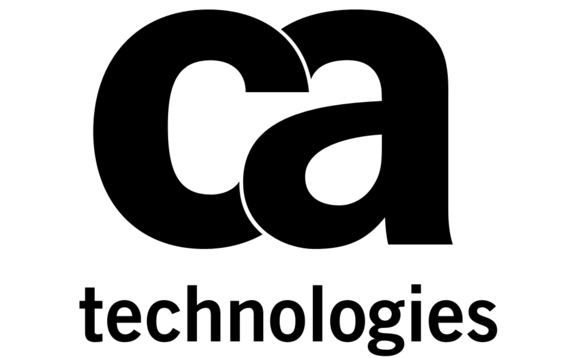
CT: What strategy should be followed while planning and implementing the BYOD policy at workplace?
Varadarajan: BYOD initiatives need to contribute directly to the company’s bottom line, while catering to the employee’s needs for IT consumerization. As a result, companies are required to focus on three main aspects including security, seamless manageability and round the clock accessibility. Today, organizations are evolving fast by embracing adopting best in breed technologies so that employees at all levels have better collaboration with teams and customers across diverse locations. This is enabling faster consumerization of IT at workplaces.
Companies should keep certain things in mind when planning and implementing BYOD policies at the workplace. Firstly, they must think of agility and scalability of solutions, as the Gen-Y employees are bringing new devices and apps to work. Secondly, with increasing usage of employee owned devices, security has become an imperative for organizations while implementing BYOD at workplaces.
CA Technologies’ recent survey notes that almost half of Indian organizations are concerned about the security and privacy of their enterprise mobility initiatives. keeping this in focus, CIOs must address security adequately by opting for smarter and unified solutions enabling secure access to data from remote devices. Finally, CIOs must ensure that organization’s BYOD strategy is an enabler of better collaboration and not the distractor. Therefore, it is important solutions must optimize the overall computing experience while keeping the users productive on any device.
CT: Talking especially about security, an area of concern for enterprises, what should businesses do to enable secured BYOD?
Varadarajan :BYOD has significantly diminished gap between the enterprise IT & personal IT. Hence, CIOs are required to decide on one important aspect that how effectively they can separate personal and corporate data and implement the necessary controls to protect confidential corporate information. CIOs must implement a holistic BYOD policy by moving away from device centric approach to security and embracing data centric approach to security. In other words, customers should mobilize their business from every angle – user, device, data and applications. These capabilities include Mobile device management (MDM), mobile application management (MAM), mobile content management (MCM) and mobile services management (MSM).
CT: How is mobility impacting Big Data?
Varadarajan: Mobility has significantly impacted big data and would continue to do so for some time in the future. but even though businesses continue to assert big data’s massive popularity has been the direct result of increased access to affordable use of personal devices, they are still largely unprepared for both BYOD and big data, as many have not yet implemented the necessary controls to capitalize on the trends.
In the next few years, mobility promises to unleash new and improved capabilities and put additional stress on IT departments to integrate systems, develop apps, oversee security, handle BYOD and manage expectations that increasingly center on a consumer-centric approach to design and usability. Also, two important nexus of forces including mobility & social are impacting the overall big data ecosystem as employees are accessing various social media platforms though mobile devices, leading to more data generation and sharing. CIOs certainly cannot afford ignore this aspect. In fact, they need to ensure that the proper structures are in place to support, secure and manage these challenging applications on employee-owned smartphones and tablets.
CT: What are the new areas in enterprise mobility where CA Technology is currently innovating?
Varadarajan: Managing and securing the complex mobile ecosystem is a challenge for the enterprise, security being at the top of the concern. We have been constantly addressing those challenges with a robust set of solutions – enabling BYOD and secure collaboration – that drive better customer engagement and improve employee productivity. CA Technologies is innovating in the area of mobile payments. With incubation projects focused on payments with mobile devices and mobile wallets, we are clearing the path for new, future transactional models to drive business growth and help enterprises embrace the mobile opportunity with confidence.
